
Mentally Stronger with Therapist Amy Morin
Author: Amy Morin
Subscribed: 66,417Played: 842,758Description
Growing mentally stronger will change your life and therapist Amy Morin wants to show you how to make it happen.
Whether you want to improve your mental health, boost your resilience, gain emotional intelligence, or gain a competitive edge that will help you reach your greatest potential, this show is for you.
Mentally Stronger provides therapist-approved strategies for tackling the biggest battle we all face--the one in our minds.
Webby Award-Winning Host Amy Morin is a psychotherapist and the bestselling author of 13 Things Mentally Strong People Don’t Do. Every episode dives into science-backed strategies for building the mental strength you need to handle whatever life throws this way.
No one understands the importance of having mental strength more than Amy. Her personal journey surrounding grief and loss has led to her to take a deep dive into mental strength. And now, she's sharing what she learned along the way.
Her TEDx talk, The Secret of Becoming Mentally Strong, is one of the most viewed talks of all time with 25 million views and she's sold over 1 million books. She's a speaker and a consulted who teaches companies like Google, Under Armour, and NBC how to grow mentally stronger.
Unlike other shows, Mentally Stronger provides a unique blend of research-backed tips, stories of mental strength, and therapist-approved strategies that will empower you to thrive.
Join Amy on the transformative journey to mastering your mind. And the fun part is, she records the show from a sailboat in the Florida Keys.



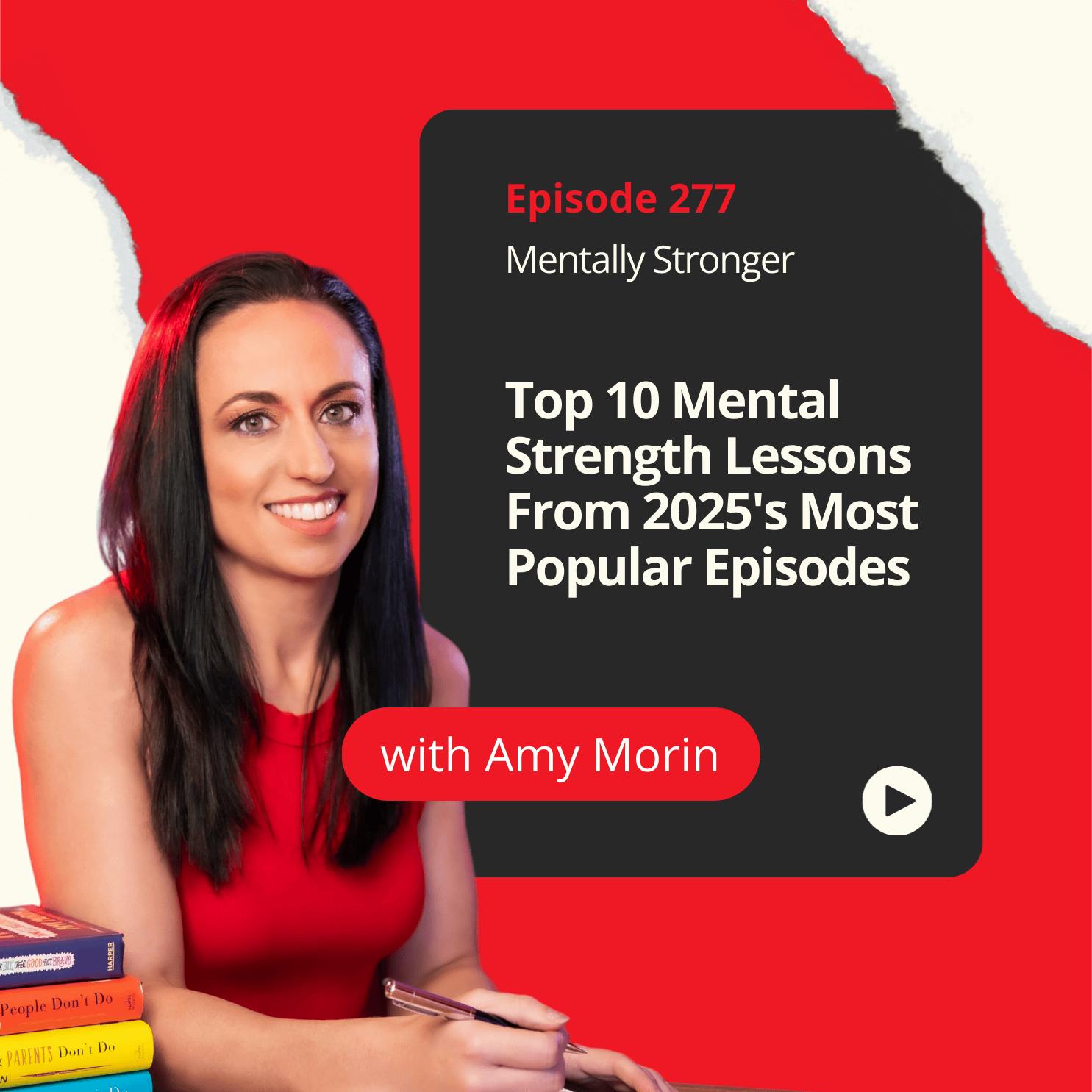



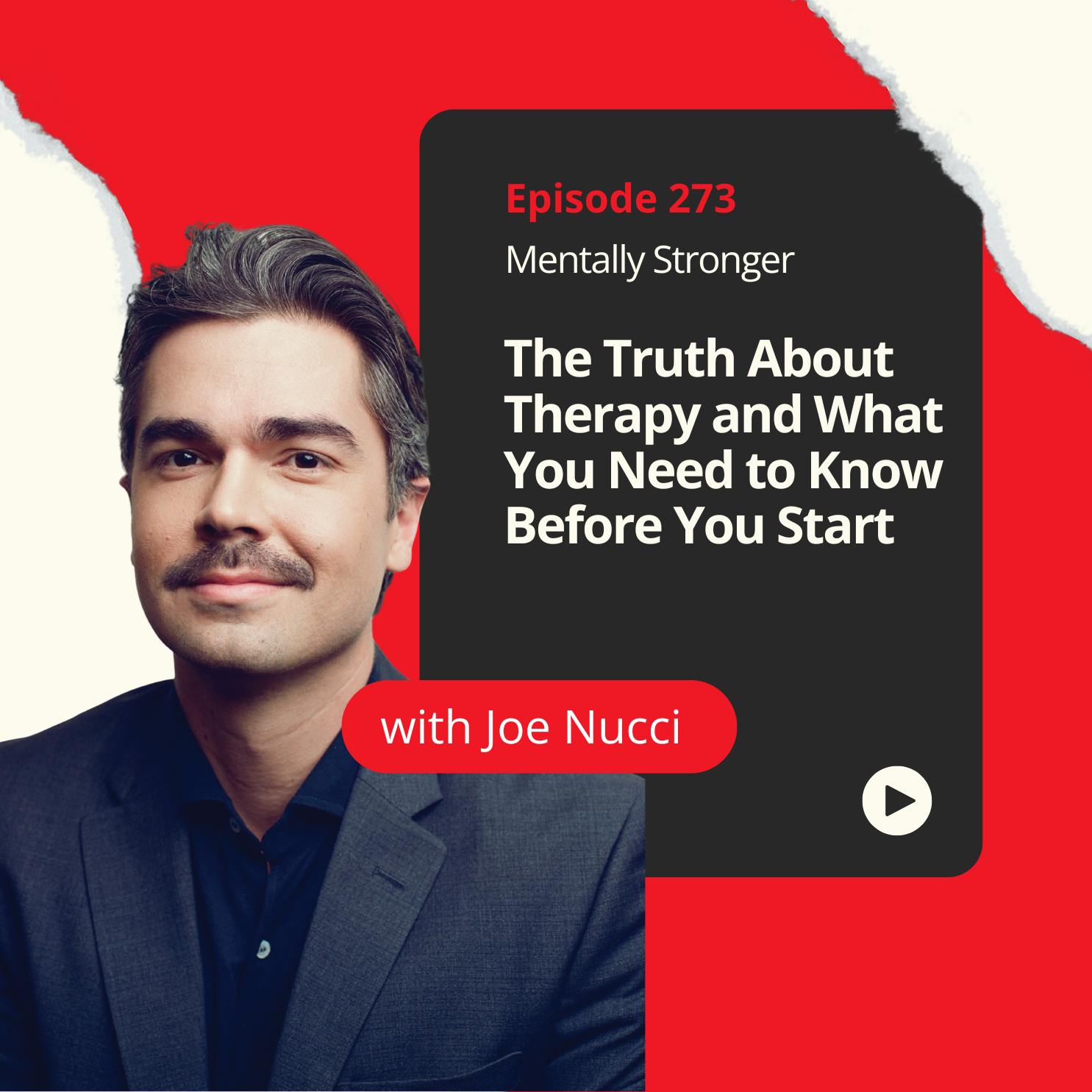

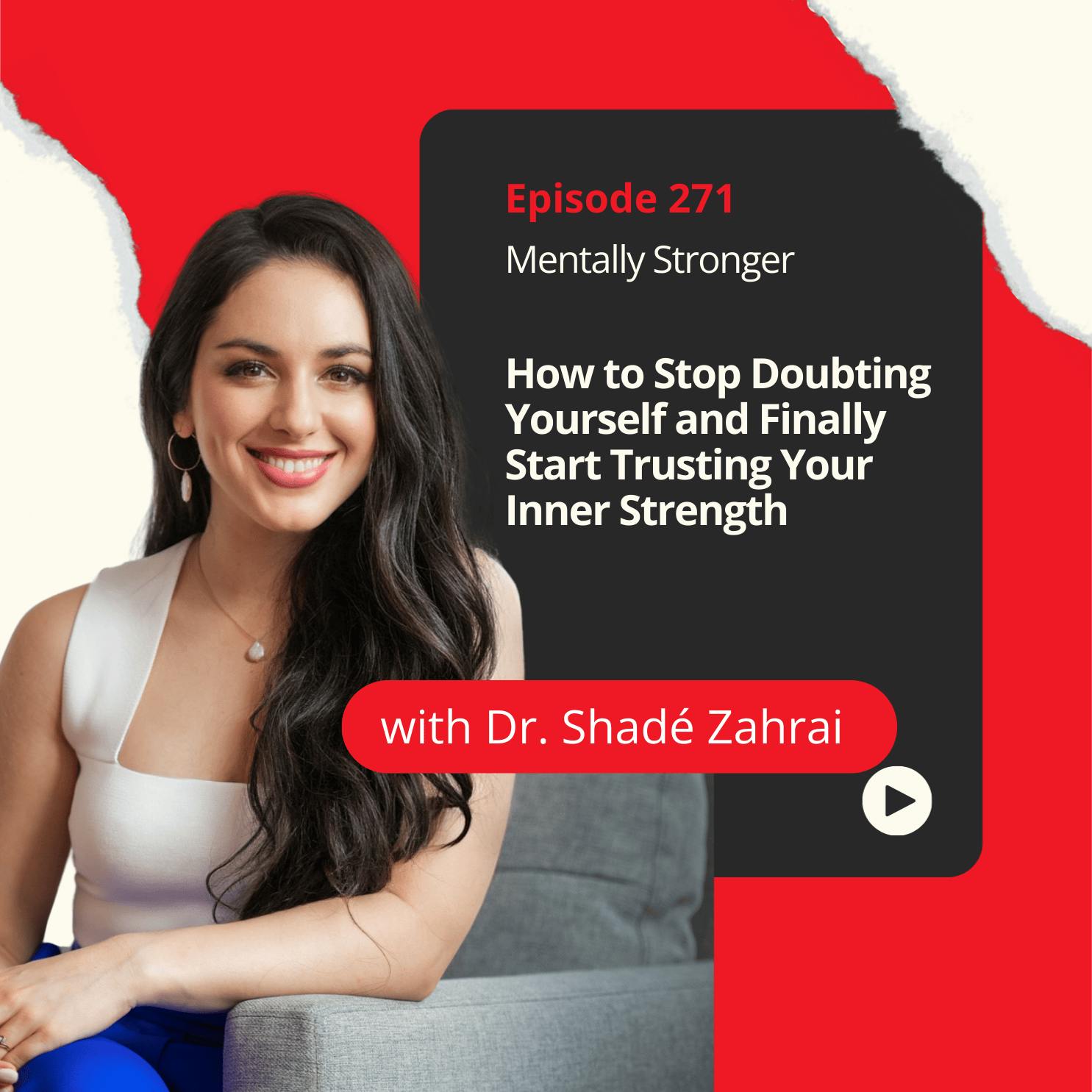



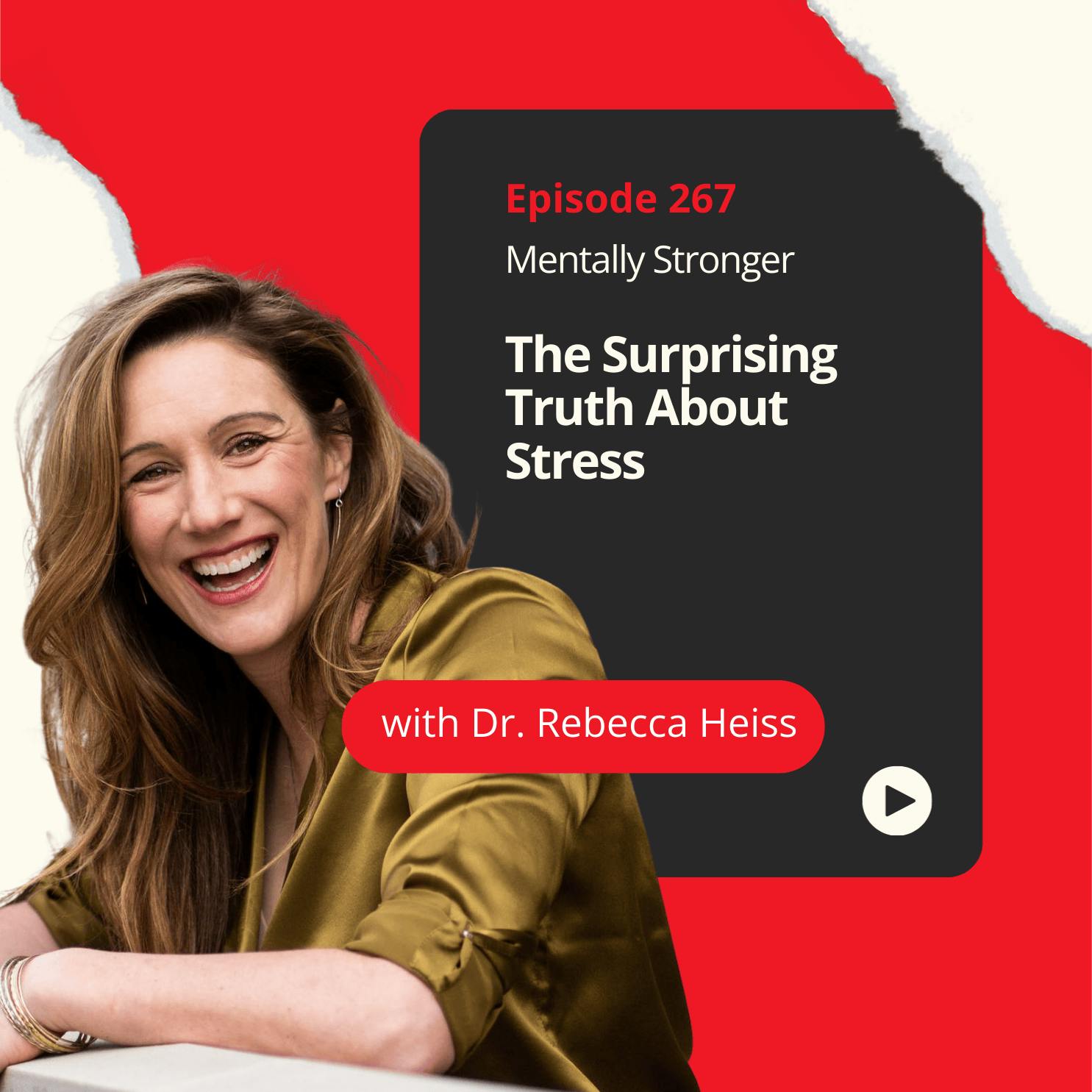
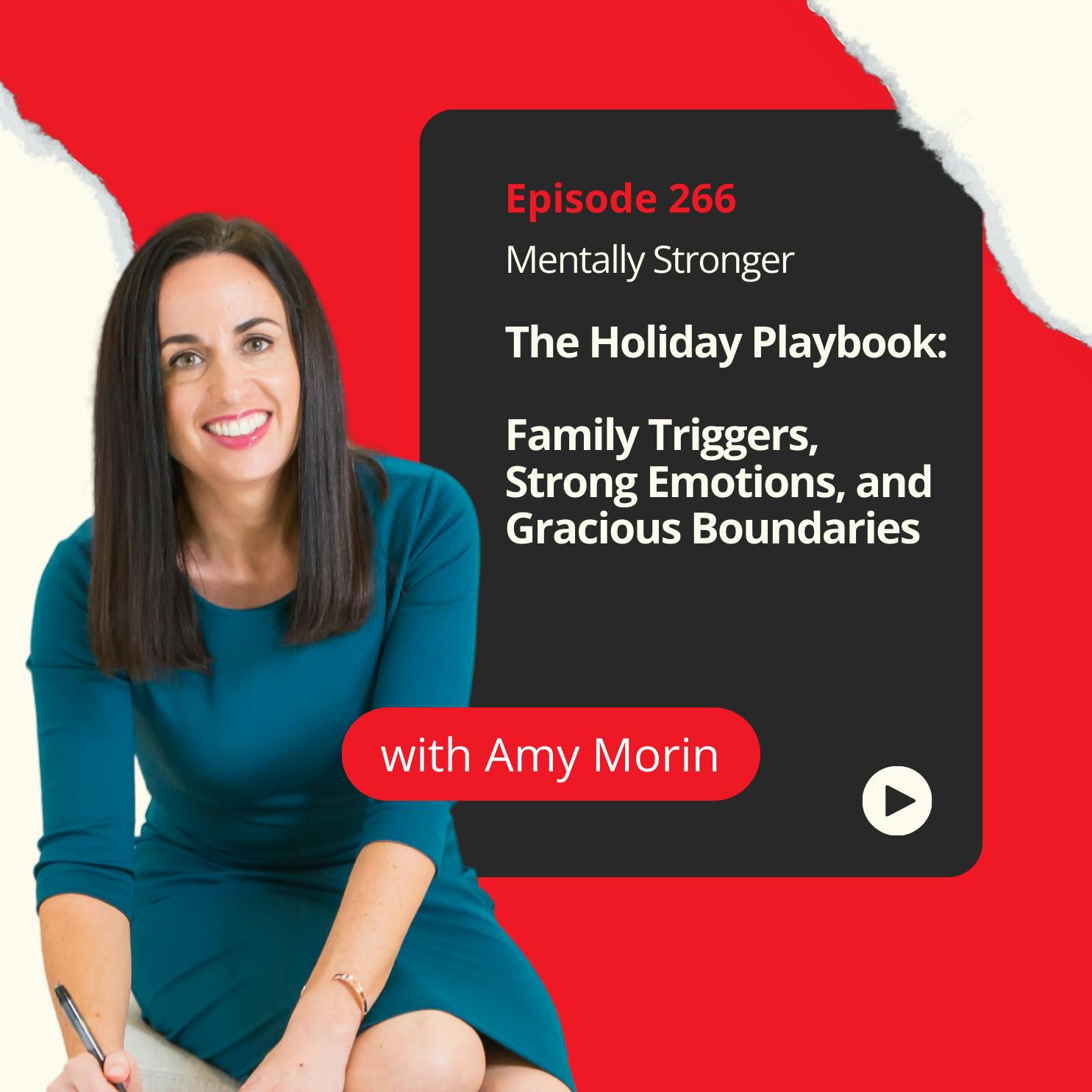
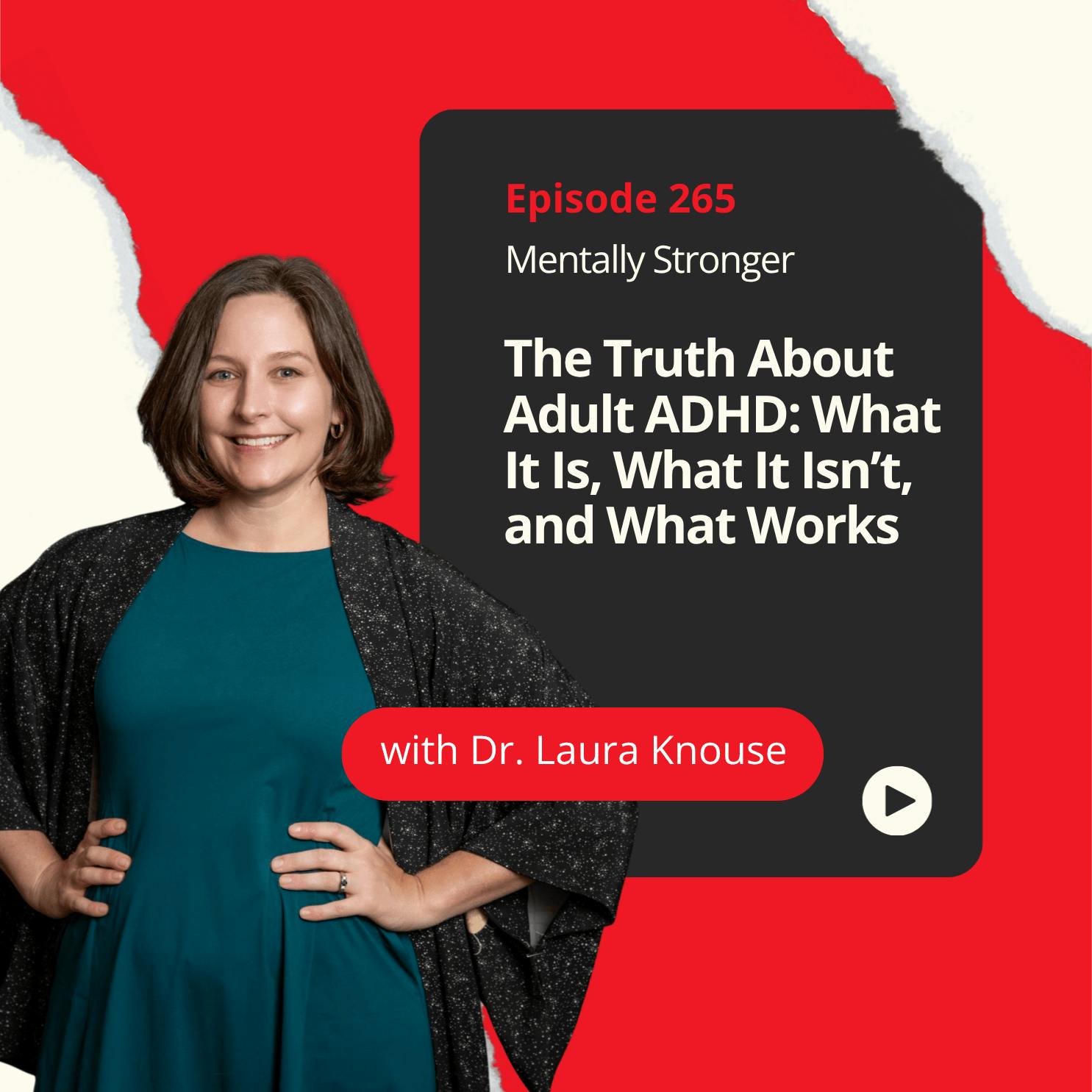

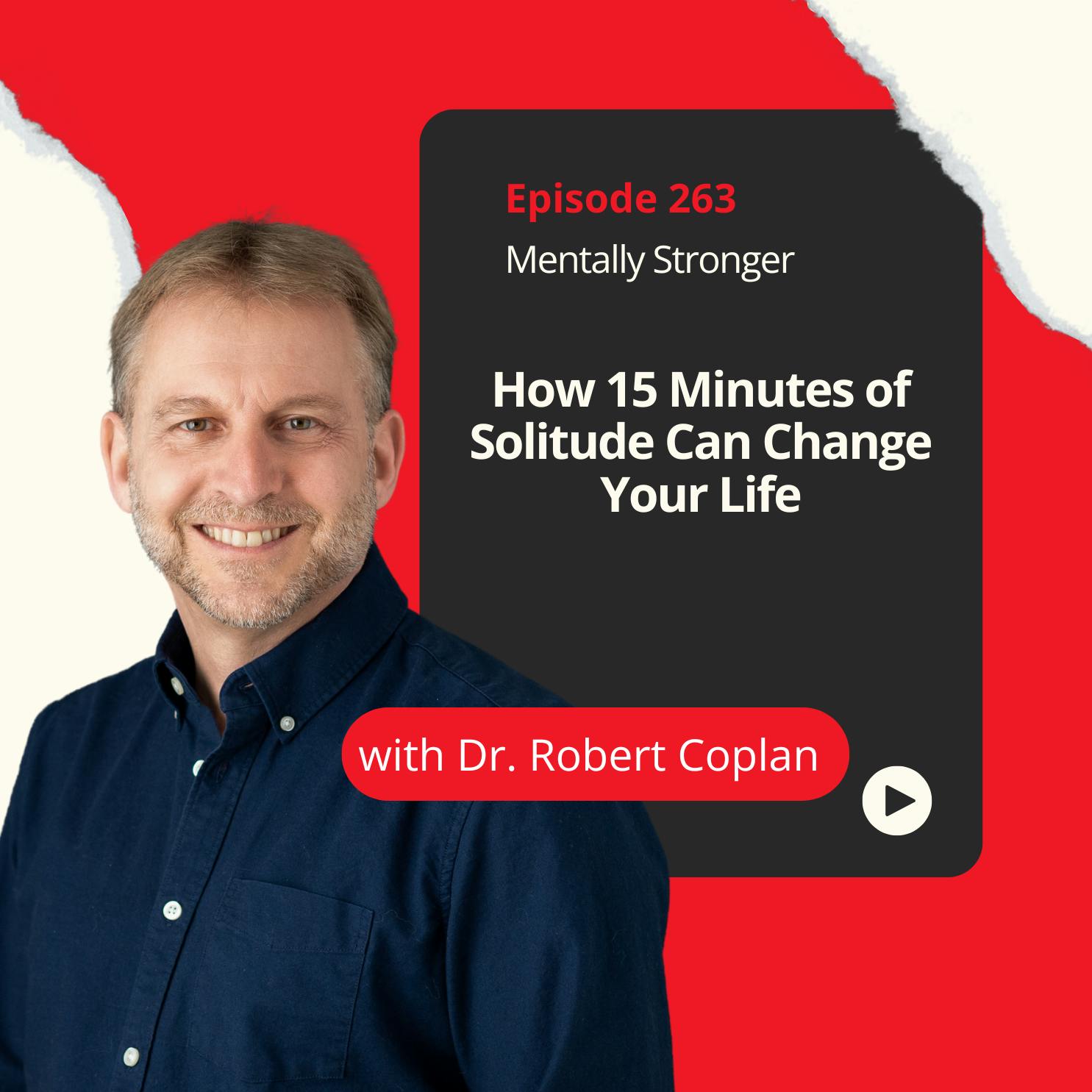
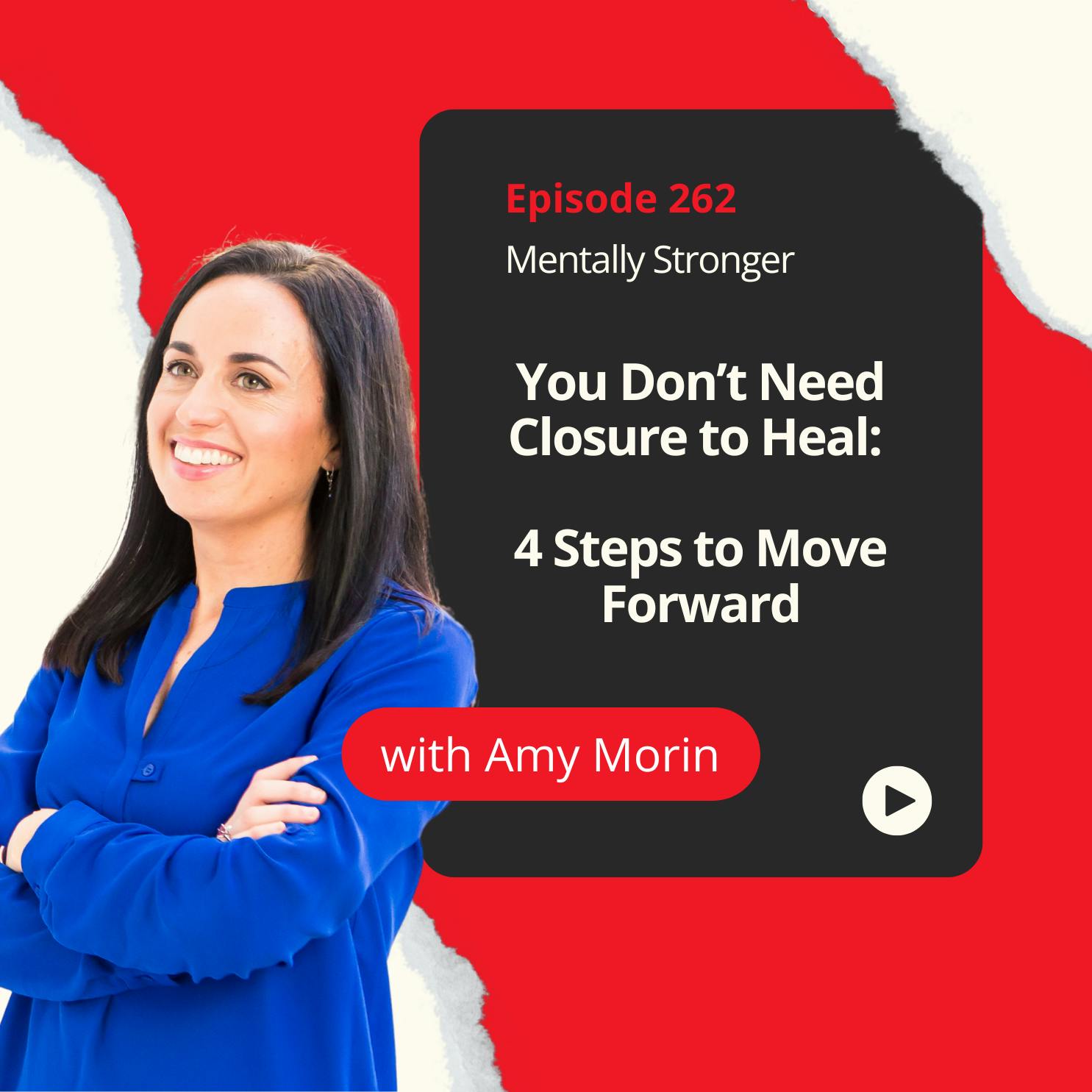






Whether it’s Cognitive Behavioral Therapy (CBT), Dialectical Behavior Therapy (DBT), trauma-informed care, or innovative psychiatric medications, we offer treatments that are both modern and reliable. At Harmony Mental Health, PC, we never stop learning because we are deeply invested in the health and success of our patients. https://harmonymentalhealthpc.com/
nice
A great episode, just what I'd needed too here. However, it's easier said than done, this is hard. But it's most definitely worth a try. Get it done as they say.
Also please speak slower. Listening to you gives me great anxiety because it sounds like verbal rapid fire assault
JFC please charge the clown music at the beginning! A fuckin oompa band? WTF
Useful! We must go with an attitude of 'you win some, you lose some'.
Ok cool. I done just about all of these exercises to combat depression. However, I find it extremely hard to stay consistent. And I'm a bad sleeper, I find it hard to wake up early on most days. Nevertheless, I'm optimistic and will most definitely give it another go. Pray for me. Thanks.
Thanks 🌺
tnx🌸
I’m so glad I found your podcast!! Everything you’ve mentioned I’m guilty of. You have given me new hope with different ways on dealing with anxiety and overthinking. Thank you!
I just came across this online. I want, I am going to try this. Today I will look for this magazine.
the best way to get to know more about how to improve myself
سینوهه
Hey, It appears you might be looking for a quiz or information related to https://iotwiser.com/ a topic titled "The Key to Unlocking Your Full Potential." While I don't have a specific quiz for that topic, I can provide some insightful questions that you can use to reflect on your personal growth and self-development.